¿Temu̲ ir bo̲ni ar trastorno bipolar??
Po̲ts'e bipolar ir bo̲ni 2 Extremos. Millones ya jä'i experimentan trastorno bipolar jar nga̲tho ar ximha̲i,ar nzaki ar divide ja yoho ya realidades Bu̲i,elation and depression.There are many Types of bipolar disorder.
Consideremos 'nar 'ñehe ma 'ño'be.
Ar klase 1 pe̲ts'i extremadamente mar hñets'i junto con ya mínimos
Ar klase 2 implica breve, períodos nja'bu̲ extremos euforia
Intercalado ko largos períodos depresión. For anyone seesawing between psychic states, it can seems impossible to find the balance necessary to lead a healthy life.
Ar klase 1 extremely high is known as manic episodes and they can feel a person range from feeling irascible to invincible. But these euphoric episodes increase ordinary feelings of joy,causando síntomas preocupantes komongu to acelerados,insomnio,ñä ngut'a,impuslive acciones ne conductas riesgo hinda nt'ot'e.
Teme ra comportan ya jä'i ar trastorno bipolar?
These types become more persistent ,intenso,ne tardan mäs jar desaparecer. Fase ma mu̲i ar trastorno bipolar manifiesta ar xingu ya maneras 'nar dätä hnini 'yo̲t'e hñets'i'i,disminución ya 'befi ja ya pasatiempos,cambios ja ar apetito,sentir ar inútil wa excesivamente culpable,ga ähä xki wa na poca inquietud wa lentitud wa to persistentes suicidio.
Jar nga̲tho, mi 'be̲ni ar 'na jar ar hñu por nthebe ma ja ya dätä jä'i experimentan ar mextha gama síntomas da indican ar trastorno bipolar. Kasu̲ nga̲tho nuya xingu ya jä'i ya funcionales, Maxte contribuyentes jar 'mu̲i ne yá vidas, ya elecciones ne ja yá nthe hingi gi 'bu̲hu̲ njäts'i hño ar trastorno. Pero aún mi nja'bu̲, pa xingu ya resultados ya graves.. Ár to to rendimiento nsadi ne xi hño ar tsa̲,Pe̲ts'i,ntsuni financiera ne ntsuni jä'i.
Temu̲ causa ar trastorno bipolar?
Researchers think a main key player is the brain’s complex wiring. Healthy brains keep strong relation between neurons, thanks to the brain’s continuous attempt to prune itself and remove unutilized or faulty neural connections.This procedure is very important because our neural pathways work for as a map for everything we do.Using functional magnetic resonance imaging. Ya científicos xi descubierto da mfeni ar poda ar cerebro da k'ats'i ma ja ya jä'i ko trastorno bipolar. Nä'ä ir bo̲ni ke yá neuronas ar vuelven locas ne crean 'nar red ar imposible ar navegar ko ho̲ntho señales confusas komongu ar guía.. Ya jä'i trastorno bipolar producen to ne comportamientos anormales ne 'nehe síntomas psicóticos nu'u̲ habla desorganizada ne to delirantes comportamiento, ar paranoia ne ya alucinaciones xi aparecer Nxoge ya fases extremas ar trastorno bipolar. 'Me̲hna ar he'mi ja yá 'bede excesiva ya 'nar neurotransmisor llamado Dopamina.
Pe jar cambio, gi ideas, hingi podemos atribuir ar trastorno bipolar da sola 'nar causa. Pe ge 'nar hñäki complejo.
Ngu, the brain’s amygdala is engaged in thinking long-term memory and emotional actions. Jar hnini ar cerebral xí factores 'na'ño yá komongu ar genética ne ar trauma 'mui. Pe nte rareza ne desencadenar ya signos ar trastorno bipolar.
The condition be likely to run in families, nja'bu da sabemos ne ar genética pe̲ts'i xingu nä'ä ga ho̲nda. Pe nä'ä hingi ir bo̲ni ke xi 'nar Honto gen bipolar..
Medicamentos pa ar trastorno bipolar
Ar hecho, ar probabilidad ar nte trastorno bipolar ar impulsada ir nge ya interacciones ja xingu genes ja 'nar receta compleja da Tobe je̲ya'bya mpädi ar entender.. The reasons are composite and accordingly diagnosing and living with bipolar disorder is a challenge. Regardless of this the disorder is in control, certain medications like lithium can assist to manage risky thoughts and behaviors by balancing moods.
Nuya medicamentos pa equilibrar ar mente funcionan ja ar disminuir ar nt'ot'e anormal ja ar cerebro. Fortaleciendo nja'bu̲ ya conexiones neuronales viables. Other regularly used medications include antipsychotics which alter the effects of dopamine and electroconvulsive therapy,
Gi thogi komongu 'nar convulsión controlada ja ar cerebro ya 'nandi ar gi japu̲'be̲fi komongu 'nar nt'ot'e ya emergencia. Some bipolar patients left treatment because they’re scared it will faint their emotions and damage their creativity. Pero moderno psiquiatría is actively trying to keep away from that. Today doctors work with patients on a case-by-case basis to administer a combination of treatments and therapies that permits them to live to their fully possible potential and afar treatment people with bipolar disorder can get help from even easy changes those include daily exercise good sleep habits and sobriety from Drogas y pathe Nu'bu̲ hingi ñö ár nthä ne empatía ir meni ne ya mpädi.
Remember bipolar disorder is a medical condition not a person’s problem or their whole identity and it’s something that can be controlled through a combination of medical treatments doing their work internally. Nthä ne da 'yo̲de mpädi ne ir meni ja ar exterior ne ya jä'i ko trastorno bipolar ga empderando ar ma hä da ehese̲
pa tingigi mbo jar equilibrio ja yá vidas.
Bipolar disorder can affect how someone’s mood, behavior, relationships and overall functioning. Below are some ways that bipolar may impact a person:
1.Mood Swings
Bipolar disorder has sever mood swings, which includes high moods of mania/hypomania (elation) and depression (sadness). Sudden and intense these fluctuations interfere with emotional regulation.
2.Impaired Functioning
Daily chores like work, school or housekeeping can be hard for individuals with bipolar disorder to perform well during manic or depressive episodes. Consequently, it becomes difficult to maintain employment academic performance as well as fulfill social obligations.
3.Relationship Strain
Fluctuating moods and behaviors associated with the condition may strain one’s relationship with his/her family members, friends or romantic partners. Families might not comprehend manifestations shown by their loved ones thus leading to conflicts or misunderstanding and even frustration on their part.
4. Risk-taking Behavior
People with bipolar disorder may indulge in dangerous activities like excessive shopping, speeding, taking drugs and having multiple sexual partners during manic or hypomanic episodes. Such actions can lead to financial difficulties, legal problems or broken relationships.
5.Physical Health
Bipolar disorder does not only influence mental health but also physical health for example sleep disturbances and appetite changes that accompany mood episodes have an effect on general health and wellbeing. Furthermore, the strain of dealing with this condition as well as possible other associated illnesses can have negative consequences on an individual’s physical wellbeing.
6.Co-occurring Disorders
Those with bipolar disorder may also have comorbid anxiety disorders; substance use disorder(s) and attention deficit/hyperactivity disorder (ADHD). These extra complications do not make treatment any easier while hampering efficiency in terms of performance in general.
7.Stigma and Discrimination
Although there has been increased awareness about mental health issues, there is still stigma surrounding bipolar disorder and other psychiatric conditions. It is through stigma that people become discriminated against, socially isolated leading to them not being able to seek help or get the right kind of treatment they require.
It should be noted that many individuals with bipolar disorder can effectively manage their symptoms and lead fulfilling lives with suitable treatment which includes medication, counseling and changing lifestyles. Therefore, early intervention and continuous support are necessary to reduce the effects of the disorder as well as promote recovery.


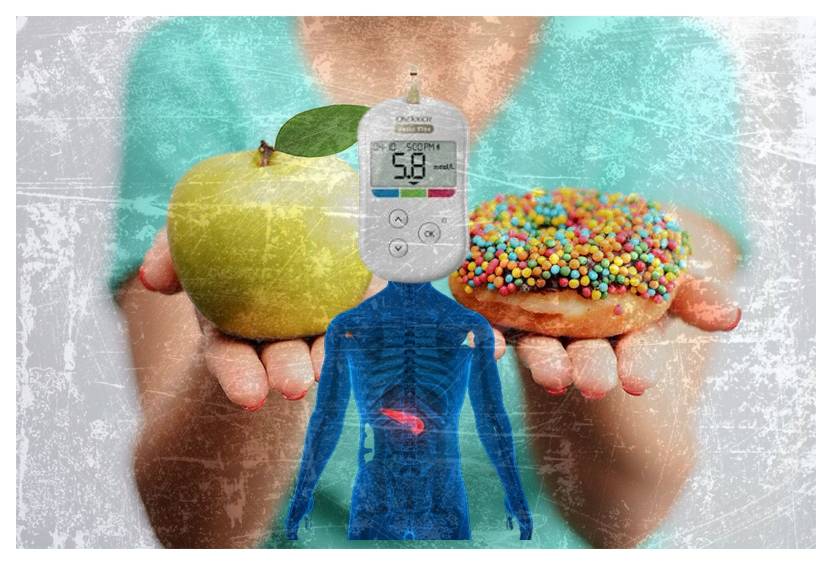
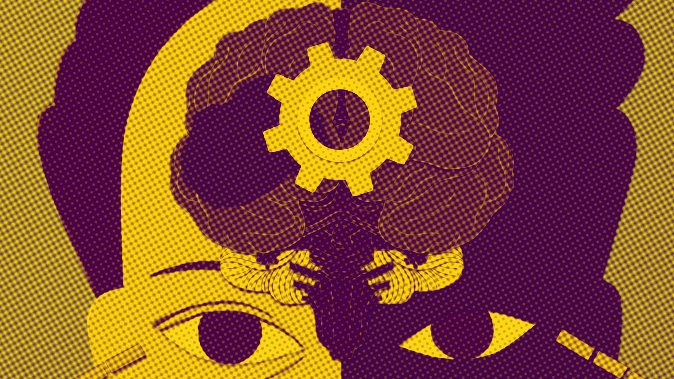
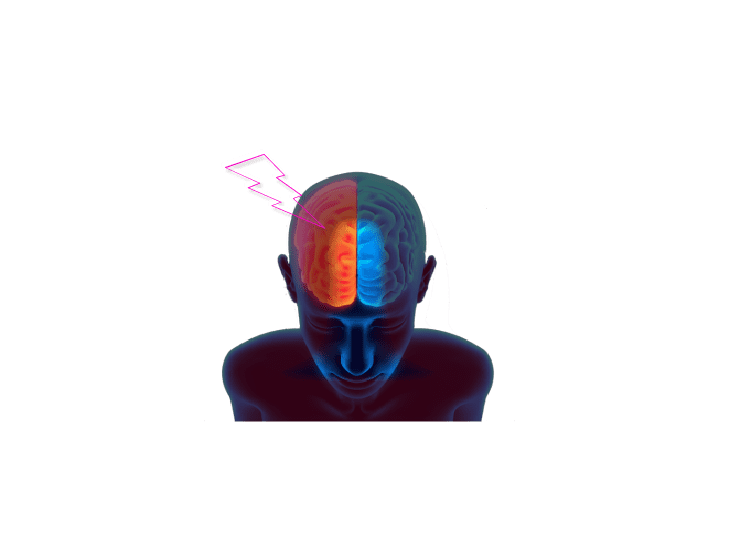
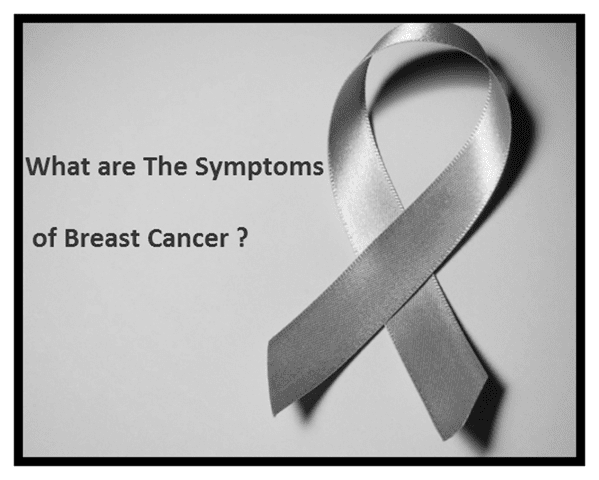


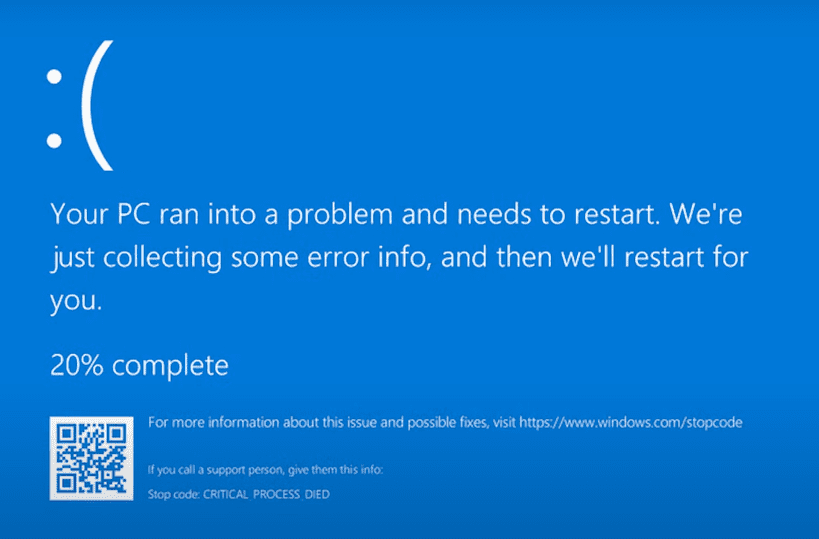

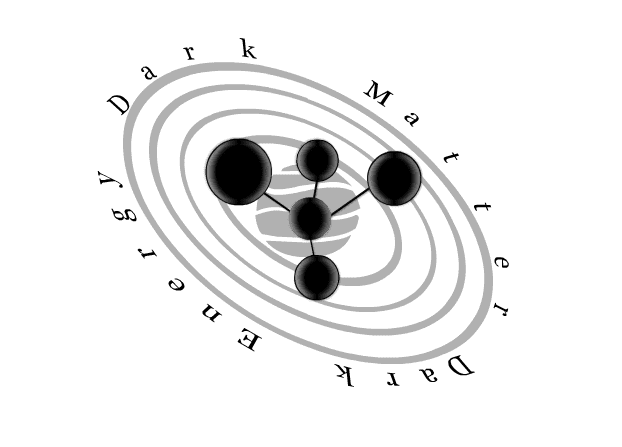









It really Help me to learn